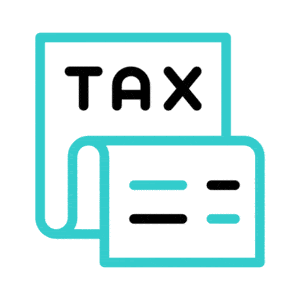As a self-employed individual or a business owner in Australia, it’s important to understand your tax obligations, including the PAYG (Pay As You Go) instalment system. The PAYG instalment system is a way for the Australian Taxation Office (ATO) to collect tax from you throughout the year, rather than in one lump sum at the end of the financial year. In this blog post, we’ll discuss what PAYG instalments are, who needs to pay them, and how to calculate them.
What are PAYG instalments?
PAYG instalments are a system of regular payments made towards your expected tax liability for the current financial year. The amount you pay is based on your business or investment income, and the ATO calculates the instalment based on information from your tax returns from previous years.
Who needs to pay PAYG instalments?
If you are a sole trader or partner in a partnership, you may need to pay PAYG instalments if your tax liability is more than $1,000 per year. Companies also need to pay PAYG instalments, although the threshold is higher at $2,000. If you are unsure whether you need to pay PAYG instalments, you can contact the ATO or speak to a tax professional.
How to calculate PAYG instalments?
The ATO will send you an instalment notice each quarter that outlines how much you need to pay. The notice will include the amount you need to pay and the due date. The due dates for PAYG instalments are usually in October, December, March, and June.
The amount of your PAYG instalment is based on your expected tax liability for the current financial year. To calculate your PAYG instalment, the ATO uses one of two methods:
1. Instalment amount: The ATO will calculate the amount you need to pay based on your previous year’s tax return. This is the most common method used.
2. Instalment rate: The ATO will calculate the rate you need to apply to your current year’s business or investment income. This method is used if your income has significantly changed from the previous year.
Once you receive your instalment notice, you can pay your PAYG instalment by the due date using one of several payment methods, such as BPAY, credit card, or direct debit.
If you vary your PAYG instalment the ATO can fine you if instalments are less than 85 % of your tax payable. You cannot ignore your PAYG instalment or the ATO Will debit your account. If you do not have my gov you will need to request that they be posted to you.
Conclusion
Paying PAYG instalments is an important tax obligation for self-employed individuals and businesses in Australia. By paying your PAYG instalments on time, you can avoid interest charges and penalties from the ATO. If you have any questions or concerns about PAYG instalments, you can contact the ATO or speak to a tax professional.
#tax #business #austrália #investment #payments #accounting #payasyougo #wakefieldbusinessgroup #PAYG #ato #individualtaxes #incometax #taxation #taxadvice #taxaccountant #taxagent






